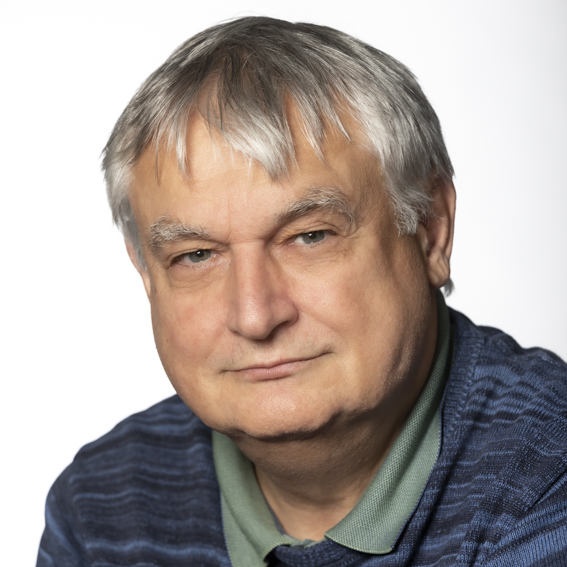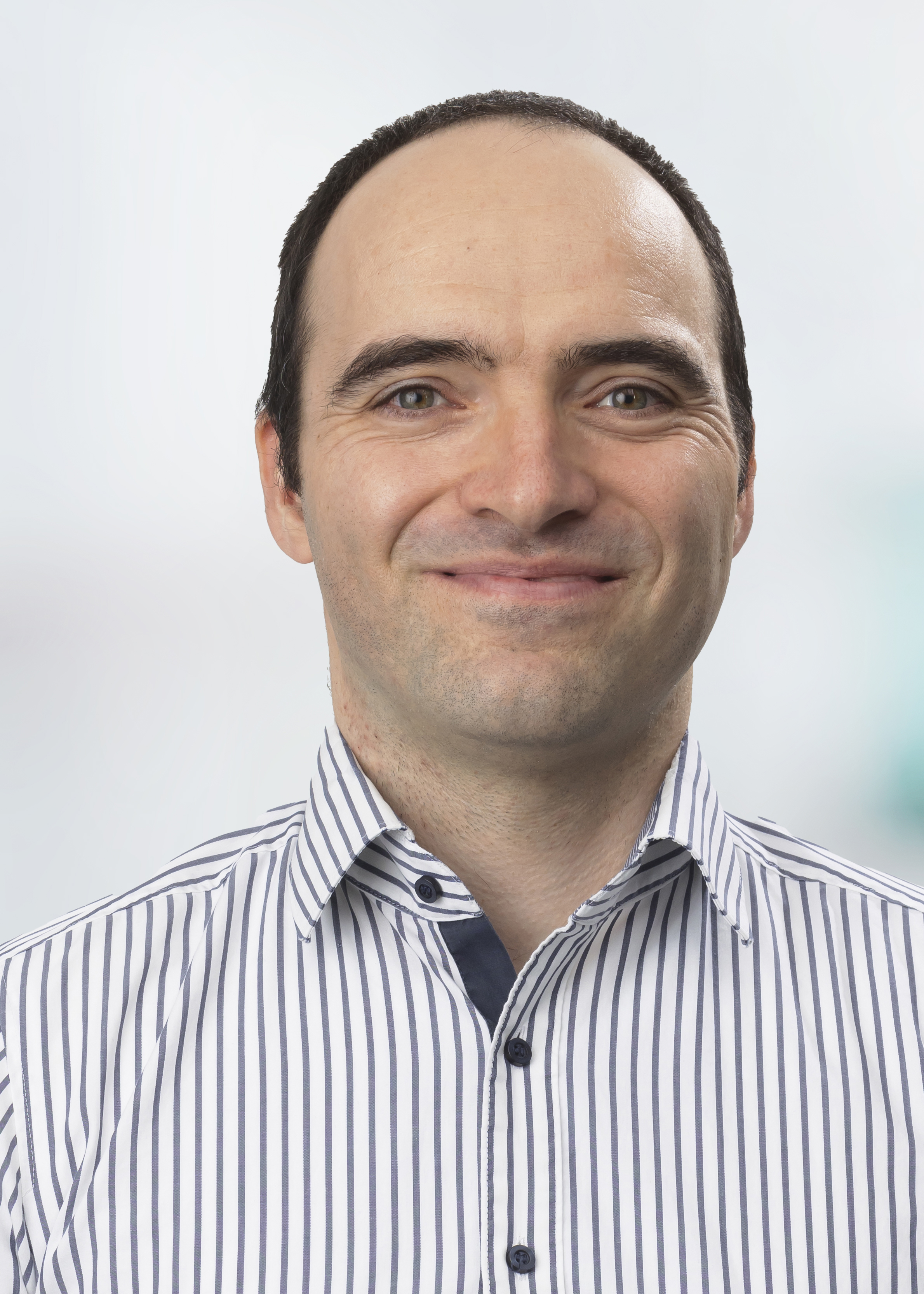Mechanisms of Disease
One of the foundations for targeting a disease - in both preventive and curative medicine - is the understanding of the underlying molecular and pathological processes. In other words, what happens at the cellular and systemic (i.e., whole-body) levels in a given disease and how do these changes occur? The "workings" of a disease are often linked to molecular perturbations such as the disruption of specific gene or protein networks. In the long term, understanding these molecular perturbations allows for the development of new therapeutic approaches to treat a disease, e.g. in drug development.
The BioHealth research area "Mechanisms of Disease" uses different model organisms (baker's yeast, nematodes, fruit flies, human cell cultures, mice) to simulate human diseases and to investigate the pathological processes in cancer, cardiovascular and fatty liver diseases, neurological disorders and type 2 diabetes, but also during aging.
Currently, we are conducting research on the following topics:
- The building process of ribosomes, which control protein synthesis and are critical for rapidly dividing cells (such as cancer cells).
- The role of the amino acid homocysteine (involved in the intermediary metabolism of methionine) and homocysteine-associated metabolites in various age-related diseases.
- Changes in lipid metabolism and lipid distribution in cancer cells.
- Alteration of bacterial membrane structure/lipid metabolism in resistant pathogens.
- The basic machinery of regulated cell death, which is often suppressed in cancer cells and plays an important role in neuronal death in neurodegenerative diseases.
- Metabolic alterations and metabolic disorders in old age as a risk factor of age-associated diseases.
- New prevention strategies and influence of sleep and sleep disturbances in models of Alzheimer's disease, for which there are no effective medications to date.
Mechanisms of Disease Team

Ao.Univ.-Prof. Mag. Dr. Helmut Bergler
+43 316 380 - 5629
Institut für Molekulare Biowissenschaften
nach Vereinbarung
ORCID: 0000-0002-7724-309X
https://molekularbiologie.uni-graz.at/de/arbeitsgruppen-bergler-pertschy/

Dipl.-Ing. Dr.techn. Clemens Diwoky
+43 316 380 - 1966
Institut für Molekulare Biowissenschaften
nach Vereinbarung
ORCID: 0000-0001-7265-1142
https://molekularbiologie.uni-graz.at/en/key-technologies/praeklinische-funktionelle-magnetresonanz/

Assoz. Prof. Dipl.-Biochem. Dr.rer.nat. Tobias Eisenberg
+43 316 380 - 1499
Doktoratsschule Molekularbiologie und Biochemie
nach Vereinbarung
ORCID: 0000-0003-3559-1130
https://molekularbiologie.uni-graz.at/de/labor-tobias-eisenberg/

Univ.-Prof. Dr. Andreas Koeberle
+43 316 380 - 8630
Institut für Pharmazeutische Wissenschaften
ORCID: 0000-0001-6269-5088
https://pharmazie.uni-graz.at/en/research/pharmacognosy/

Univ.-Prof. Dr.rer.nat. Ronald Kühnlein
+43 316 380 - 5504
Institut für Molekulare Biowissenschaften
Sprechstunde nach vorheriger Anmeldung: Montags 11-12Uhr (optional auch über uniMEET)
ORCID: 0000-0003-1448-4117
https://drosophila-lipid-energy.uni-graz.at/en/

Univ.-Prof. Dr.rer.nat. Frank Madeo
+43 316 380 - 8878
Institut für Molekulare Biowissenschaften
Dienstag 13.00 Uhr bis 14.00 Uhr oder nach Absprache
ORCID: 0000-0002-5070-1329

Ass.-Prof. Mag.pharm. Dr.rer.nat. Marion Mußbacher

Assoz. Prof. Mag. Dr.rer.nat. Brigitte Pertschy
+43 316 380 - 1518
Institut für Molekulare Biowissenschaften
ORCID: 0000-0003-3558-0191
https://molekularbiologie.uni-graz.at/de/arbeitsgruppen-bergler-pertschy/

Univ.-Prof. Dr.rer.nat. Sebastian Preissl
+43 316 380 - 5570
Institut für Pharmazeutische Wissenschaften
nach Vereinbarung
ORCID: 000-0001-8971-5616
https://www.preissllab.org/

Dipl.-Ing. Dr.rer.nat. Sabrina Riedl

Dr.rer.nat. BSc MSc. Jelena Tadic

Priv.-Doz. Dr.rer.nat. Oksana Tehlivets

Assoz. Prof. Mag. Dr. Gerhard Tschakert
+43 316 380 - 3907
Institut für Bewegungswissenschaften, Sport und Gesundheit
Mittwoch, 09.30 - 10.30, Büro Aigner-Rollett-Allee 39
ORCID: 0000-0003-4090-6395
https://bewegungswissenschaften.uni-graz.at/

Dr.rer.nat. BSc MSc. Ingrid Zierler

Assoz. Prof. Dipl.-Ing. Dr.techn. Dagmar Zweytick
+43 316 380 - 4988
Doktoratsschule Molekularbiologie und Biochemie
Dienstag 11:00 bis 12:00
ORCID: 0000-0002-4766-7713
https://cancer-biophysics.uni-graz.at/